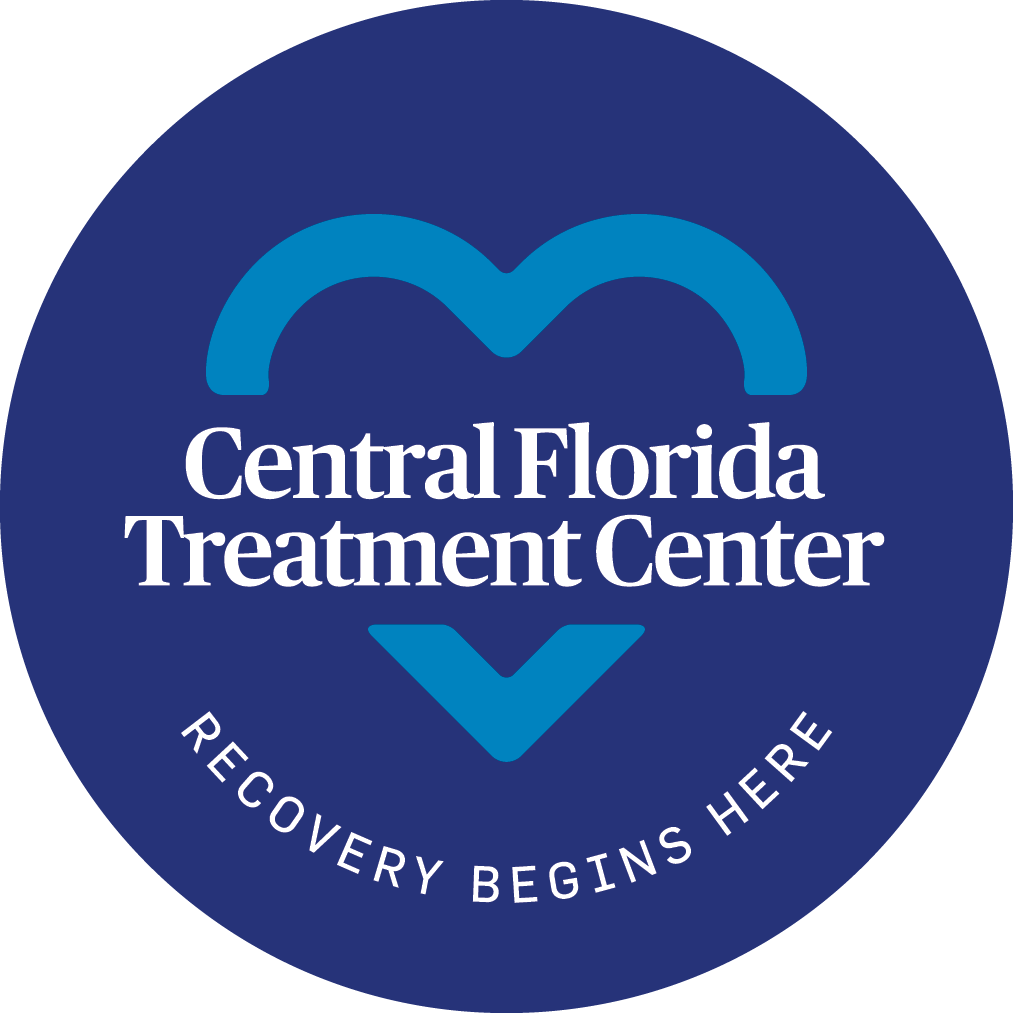4 Steps to Take If You Believe Your Spouse Is an Opioid Addict

Living with an addict of any sort can be overwhelming, but understanding that addiction is a disease can help you search for help. While this fact is surprising for some people to learn, prescription painkillers are one of the most abused substances in the world. In fact, between 26.4 million and 36 million people in the world abuse opioids.
If you believe your spouse is addicted to or abusing opioids, know that you are not alone. Help is readily available for you, your partner and your family. With this guide and the help of professionals, you will know what to do if you suspect your spouse is addicted to opioids.
Confirm
If you already have suspicions, you most likely have seen some signs of unusual behavior. Of course, each person is different and may show different symptoms compared to others. However, if your spouse is abusing or dependent on opioids, you may notice the following:
- Constantly taking, asking for, talking about, or searching for the drug
- Inability to control how much they take and when they take the opioids
- Lack of motivation
- Loss of interest in life or specific activities
- Depression
- Frequent blackouts or memory losses
- Extreme highs and extreme lows
- Withdrawal symptoms if they go without the drug
- Concealing, hiding or lying about drug use
- Use of opioids as a way to deal with stress
Changes in your spouse’s appearance may also signal an addiction to opioids. If your spouse’s pupils are constricted even in dim light, they may be high on drugs.
Also, drooping eyes, slurred speech, flushing of the face and neck, and itchy arms are all signs that your spouse is abusing opioids.
Address
Do not look the other way if you suspect your spouse is abusing drugs. Instead, talk with them about the problem. Do not wait very long; there will not be a “better” time to start the conversation about your spouse’s addiction.
Describe some of the behaviors you see from your spouse, but make sure to remain calm and have the discussion in a non-argumentative manner that does not place blame.
Ask your spouse whether they also feel they have a problem. Then offer your complete support so you can move forward and begin the process of recovery together.
Once you are confident your spouse has an addiction, you must stop enabling this behavior. Enabling occurs through a variety of ways that you may not be familiar with.
You may pick up their prescription drugs while doing your regular grocery shopping each week. Or you may give your spouse money and drive them around in hopes of finding more opioids. You may also make excuses for your spouse’s behavior to coworkers, friends, family members and neighbors.
Your breaking the habit of enabling will help your spouse break their addiction.
Treat
In the best case scenario, your spouse will agree they need treatment, but that is not always the case. Interventions are often used as a way for family members to give addicts encouragement to undergo professional treatment.
A treatment center that uses a combination of therapy and medication to ease the harsh symptoms of withdrawal can be an effective option for your spouse.
After your spouse goes through a successful detox supervised by medical professionals, they can begin therapy for their addiction.
Care
The time your spouse spends in treatment will depend on a few factors, including their emotional well-being, physical health and basic needs. Once the treatment is complete and as it occurs, you’ll need to provide your spouse with special care to aid their recovery.
Your loved one can learn to manage their addiction. Regular attendance at meetings can form the basis for continuing therapy and offer support that reduces the risk of relapses. You and your spouse can attend these meetings together.
If your spouse is addicted to opioids, addressing the problem is imperative. To learn more opioid addiction and treatment, contact the Central Florida Treatment Centers today.
